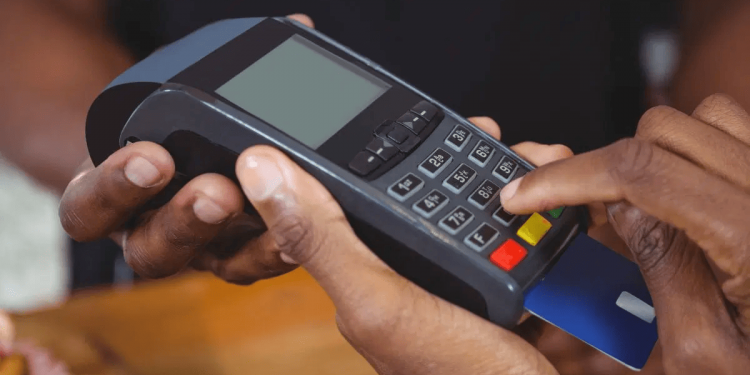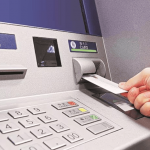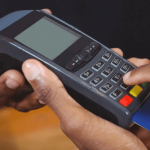In recent times, Lagos residents have faced severe cash shortages, with Automated Teller Machines (ATMs) across the city running out of money. Inside banks, the situation is no better, as customers are either turned away or restricted to withdrawals of ₦10,000 or ₦20,000 in rare cases.
Despite warnings from the Central Bank of Nigeria (CBN) about sanctions for banks failing to dispense cash via ATMs, the scarcity persists, leaving many Nigerians at the mercy of Point of Sales (PoS) operators.
PoS operators are capitalizing on the crisis by imposing steep charges on cash withdrawals. In many parts of Lagos, withdrawing ₦5,000 now attracts a fee of ₦500, compared to the ₦100 or ₦200 previously charged. For higher amounts, customers are forced to pay even more, further compounding their financial stress.
No official explanation has been given for the shortage, but stakeholders attribute it to several factors, including:
- Cash hoarding: Individuals stockpiling cash for festive spending.
- Digital push: Speculation that the CBN is subtly encouraging Nigerians to embrace digital payments to enhance transaction traceability and taxation.
In September 2024, the CBN announced plans to sanction banks failing to ensure cash availability in ATMs. During the 297th Monetary Policy Committee (MPC) meeting, CBN Governor Yemi Cardoso stressed the importance of maintaining cash circulation and assured that a monitoring system was in place to enforce compliance.
However, as ATMs remain visibly empty, there is no evidence of sanctions imposed on non-compliant banks, raising questions about the effectiveness of the CBN’s enforcement measures.
Lagosians are left grappling with limited cash options and rising transaction costs, intensifying the challenges of festive spending.









